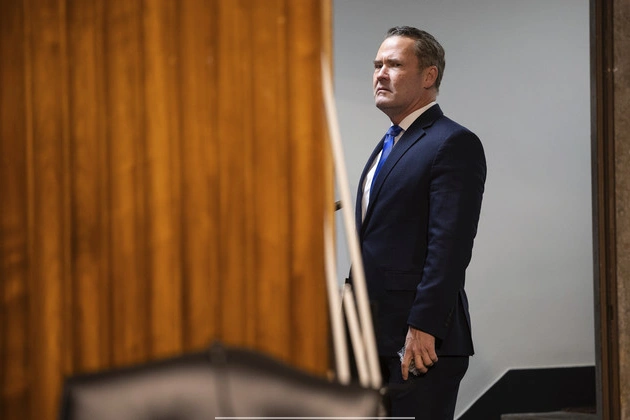
The Controversial Journey Begins
Signalgate may have been the tipping point for national security adviser Mike Waltz, but his downfall began before he accidentally added a journalist to a private chat about a U.S. attack on Yemen.
From the early days, senior administration officials were irked by his approach – seeing him as too cocky. One person close to the White House noted, “He’s a staff, but he was acting like a principal.” National security advisers, while powerful, support presidents but do not run an agency like Cabinet secretaries.
The Signal Chat Scandal
In the wake of the Signal chat scandal in late March, outsiders called for his immediate firing over the apparent security breach. However, some White House insiders speculated that the negative headlines might paradoxically buy Waltz time.
Trump’s reluctance to react to media coverage involving Jeffrey Goldberg in the Signal chat complicated the situation further. Despite the thin ice Waltz was treading on, his departure seemed inevitable.
Ambassador to the United Nations
Surprisingly, Trump announced on Truth Social that he is appointing Waltz as his ambassador to the United Nations. This unexpected turn of events raised eyebrows and questions about the underlying dynamics.
Political Maneuvering and Fallout
Rep. Elise Stefanik’s nomination for the role and Defense Secretary Pete Hegseth’s involvement in disclosing attack plans on Signal added more complexity to the situation. The shifting allegiances and power plays within the administration painted a picture of uncertainty and intrigue.
The tension between Waltz and his colleagues, coupled with external pressures, ultimately led to his ousting, marking the end of a tumultuous chapter in his career.
The Aftermath and Future Uncertainties
As the dust settles from Waltz’s removal, speculations about further White House firings loom large. The anticipated ‘Purge’ could signal a significant shift in the administration’s direction, setting the stage for a new chapter in the political landscape.











